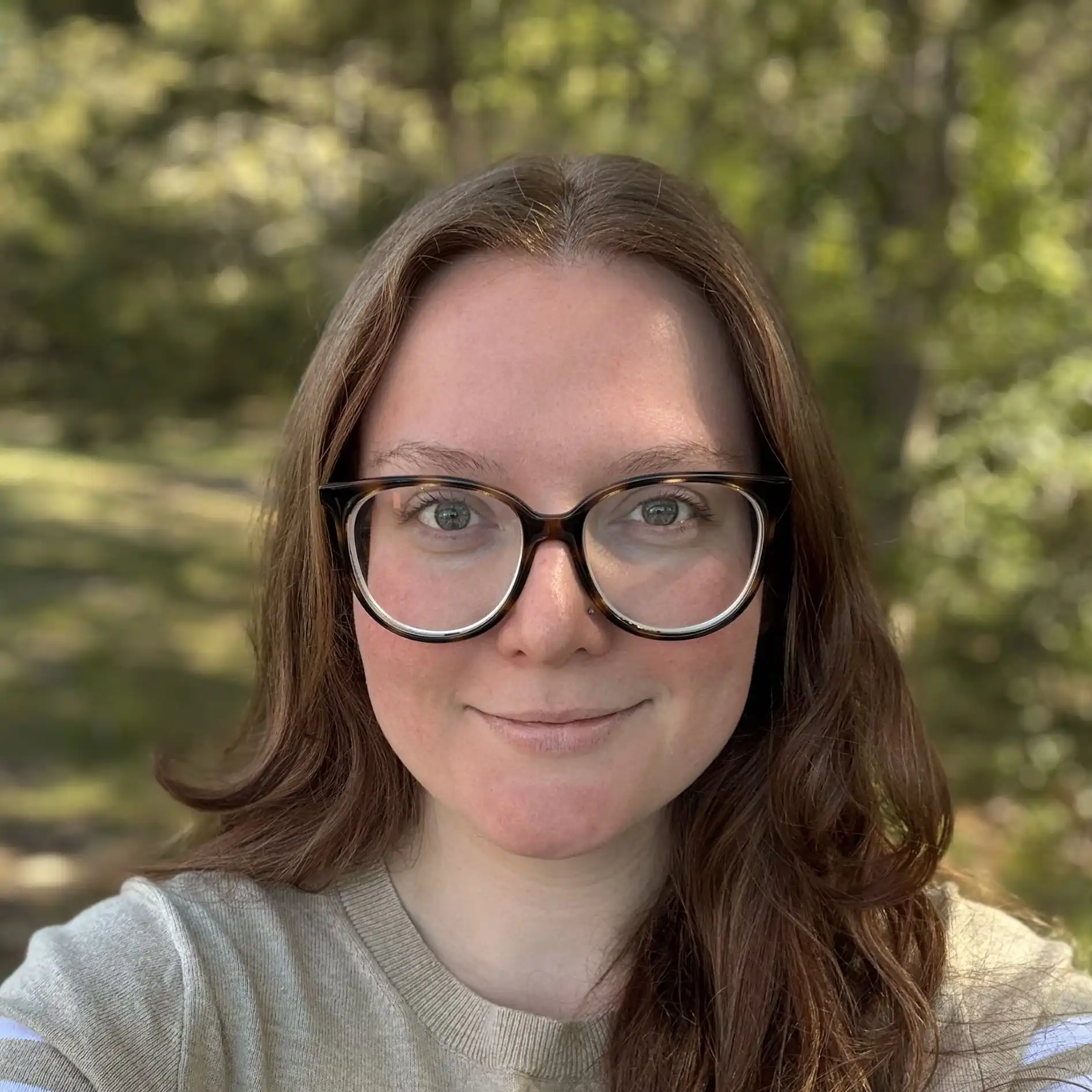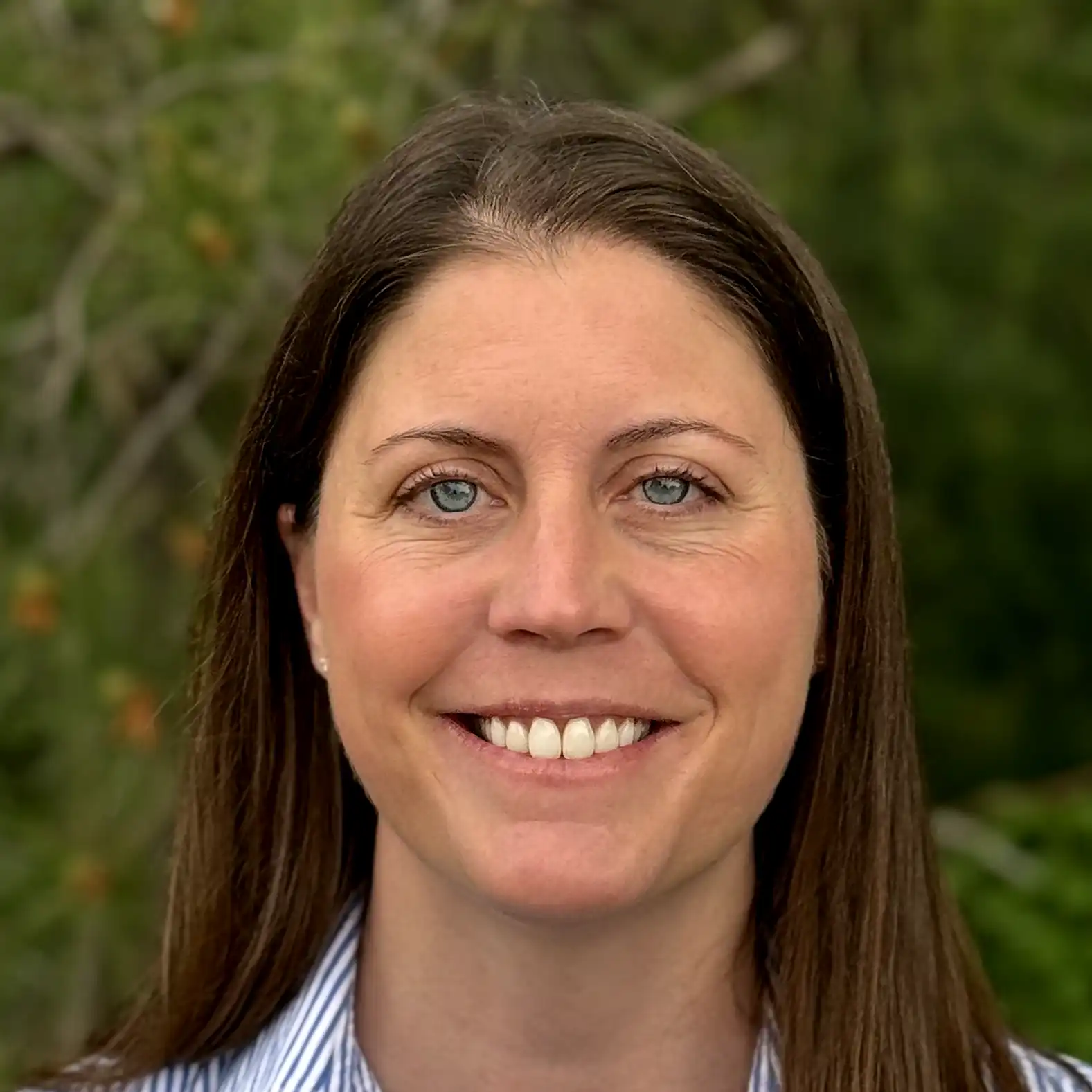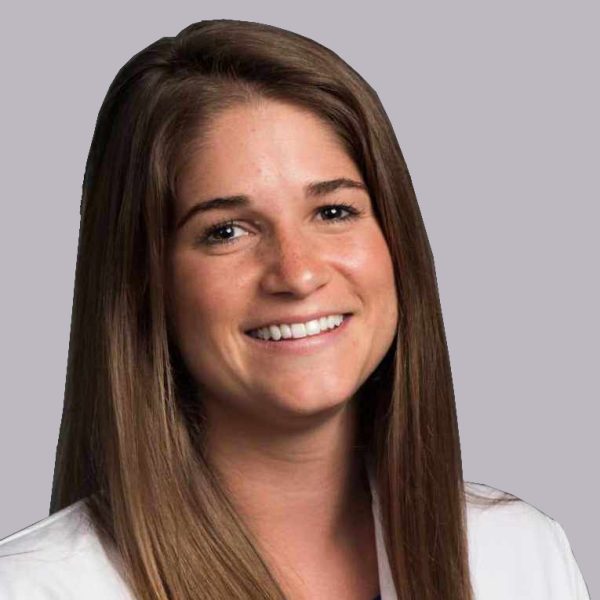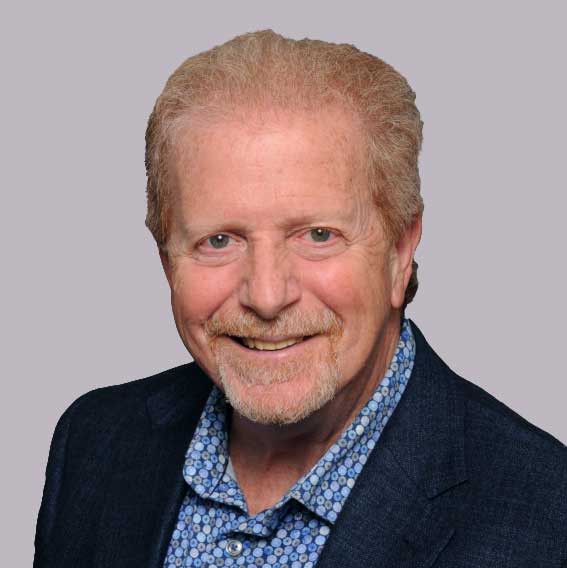
Meghan Prentiss, PA-C
Meghan is a highly experienced physician assistant with over 20 years of clinical practice, primarily in neurosurgery and physiatry. Her background includes everything from neurocritical care to outpatient management, giving her a deep understanding of the full continuum of neurological care. Meghan earned her PA degree from the University of New England after completing her undergraduate studies in biology at Brown University. In 2024, she completed the Geriatric Champion Program at Brigham and Women’s Hospital, further strengthening her expertise in the care of older adults. Since joining our team in April 2025, Meghan has been committed to providing compassionate, personalized care for individuals living with neurodegenerative conditions.




